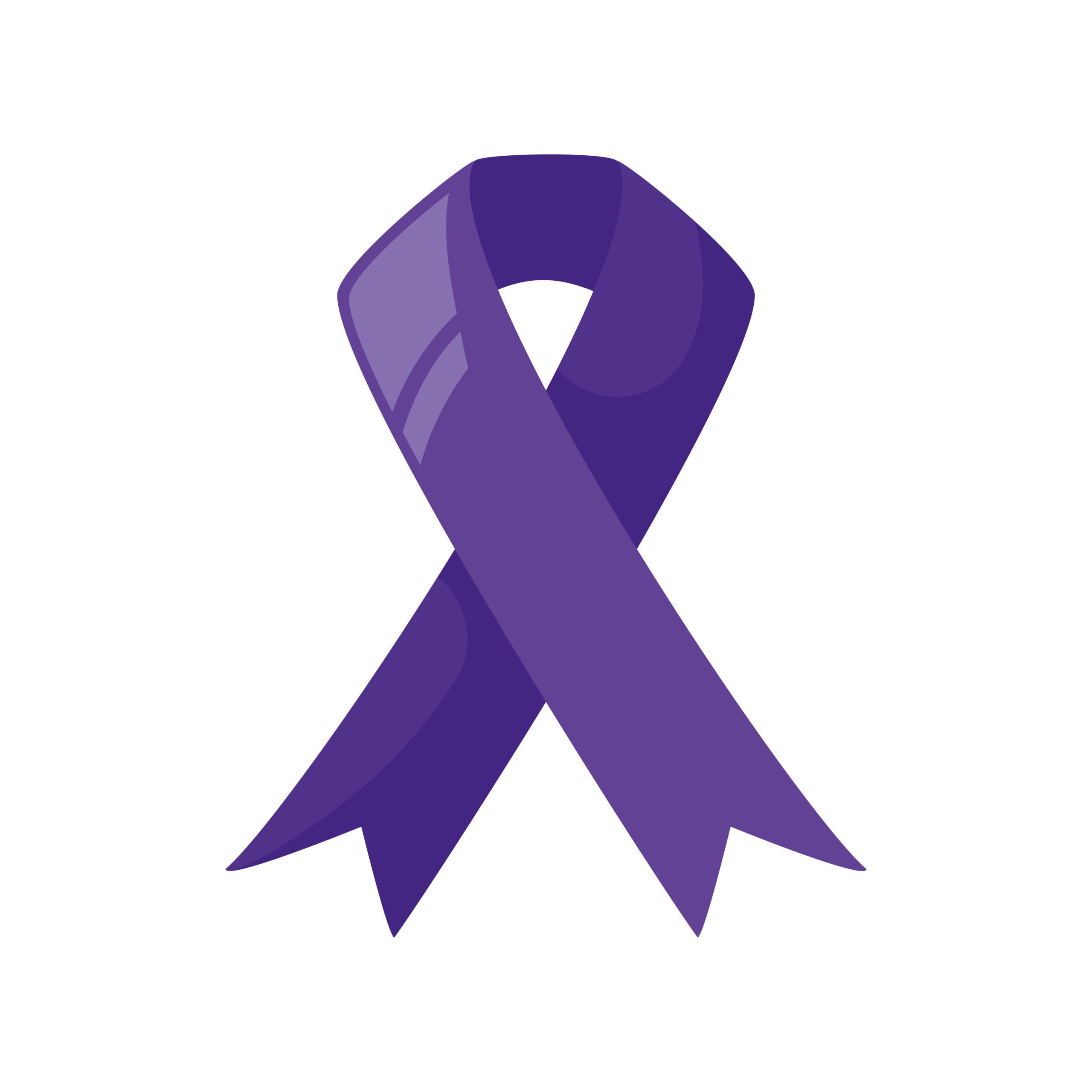How do I assist my patient when they experience difficulty with fine motor skills during daily tasks?
Assisting Patients with Fine Motor Skill Difficulties
Fine motor skills are essential for performing daily tasks such as writing, dressing, and using utensils. However, some individuals may face challenges with these skills, which can impact their independence and quality of life. As a caregiver or healthcare provider, it is important to understand how to assist patients who experience difficulties with fine motor skills.
### Understanding Fine Motor Skills
Fine motor skills involve the coordination of small muscles in the hands and fingers. These skills are crucial for tasks that require precision and dexterity, such as buttoning shirts, tying shoelaces, and using scissors. Challenges with fine motor skills can arise from various factors, including neurological conditions, developmental delays, or injuries.
### Identifying Challenges
To assist patients effectively, it is vital to identify the specific challenges they face. Common signs of fine motor difficulties include awkward grips, messy handwriting, and frustration when attempting tasks that require precision. These challenges can lead to decreased self-esteem and independence, making it important to provide supportive interventions.
### Strategies for Assistance
1. **Occupational Therapy**: Occupational therapy is a valuable resource for improving fine motor skills. Therapists create personalized treatment plans that include activities like writing practice, cutting exercises, and play-based tasks. These interventions help build hand strength, coordination, and precision.
2. **Adaptive Tools**: Using adaptive tools such as specialized scissors, writing aids, and utensils can make tasks easier for individuals with fine motor difficulties. These tools are designed to fit comfortably in the hand, reducing strain and improving control.
3. **Multisensory Approaches**: Incorporating multisensory techniques, such as tracing letters in sand or shaving cream, can enhance learning engagement and motor skill acquisition. These approaches make the learning process enjoyable and interactive.
4. **Daily Activities**: Encourage patients to engage in daily activities that promote fine motor development, such as cooking, dressing, and arts and crafts. These activities not only strengthen hand muscles but also foster independence.
5. **Collaboration with Caregivers**: Educate caregivers on how to support fine motor development at home. This includes providing guidance on how to integrate therapeutic exercises into daily routines, ensuring consistent practice and reinforcement.
### Building Confidence and Independence
Assisting patients with fine motor difficulties requires patience and understanding. By providing supportive interventions and encouraging regular practice, individuals can build confidence in their abilities and enhance their independence. It is important to celebrate small achievements and offer positive reinforcement, as this can significantly impact motivation and overall development.
In conclusion, assisting patients with fine motor skill difficulties involves a comprehensive approach that includes occupational therapy, adaptive tools, and engaging daily activities. By working collaboratively with caregivers and focusing on individualized support, we can help patients overcome challenges and achieve greater independence in their daily lives.





